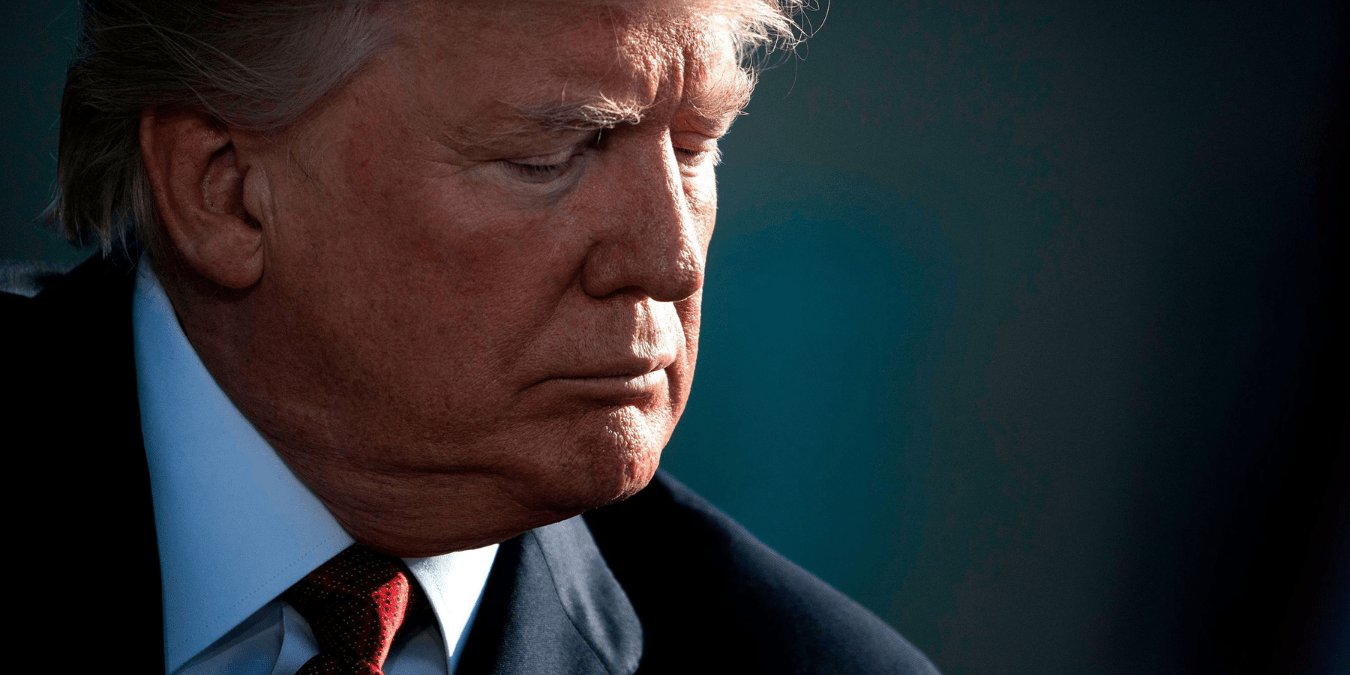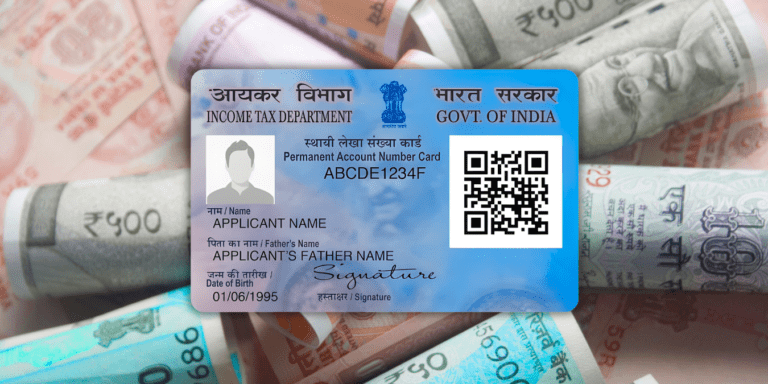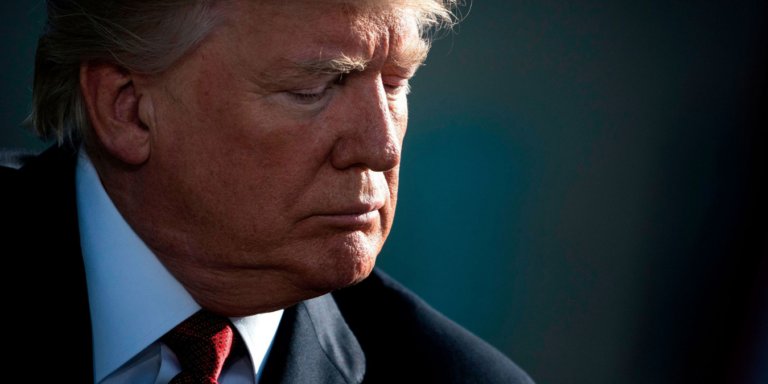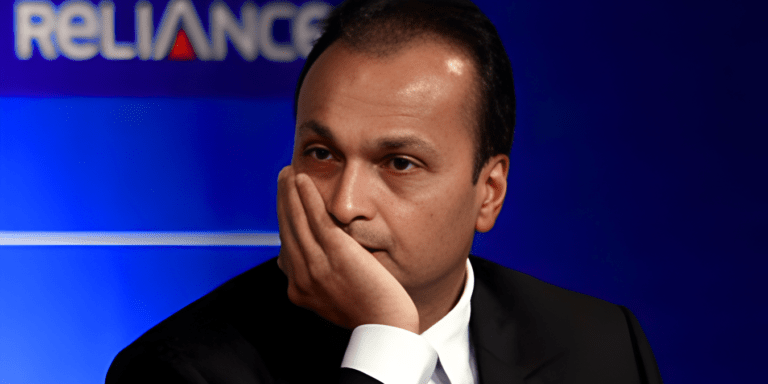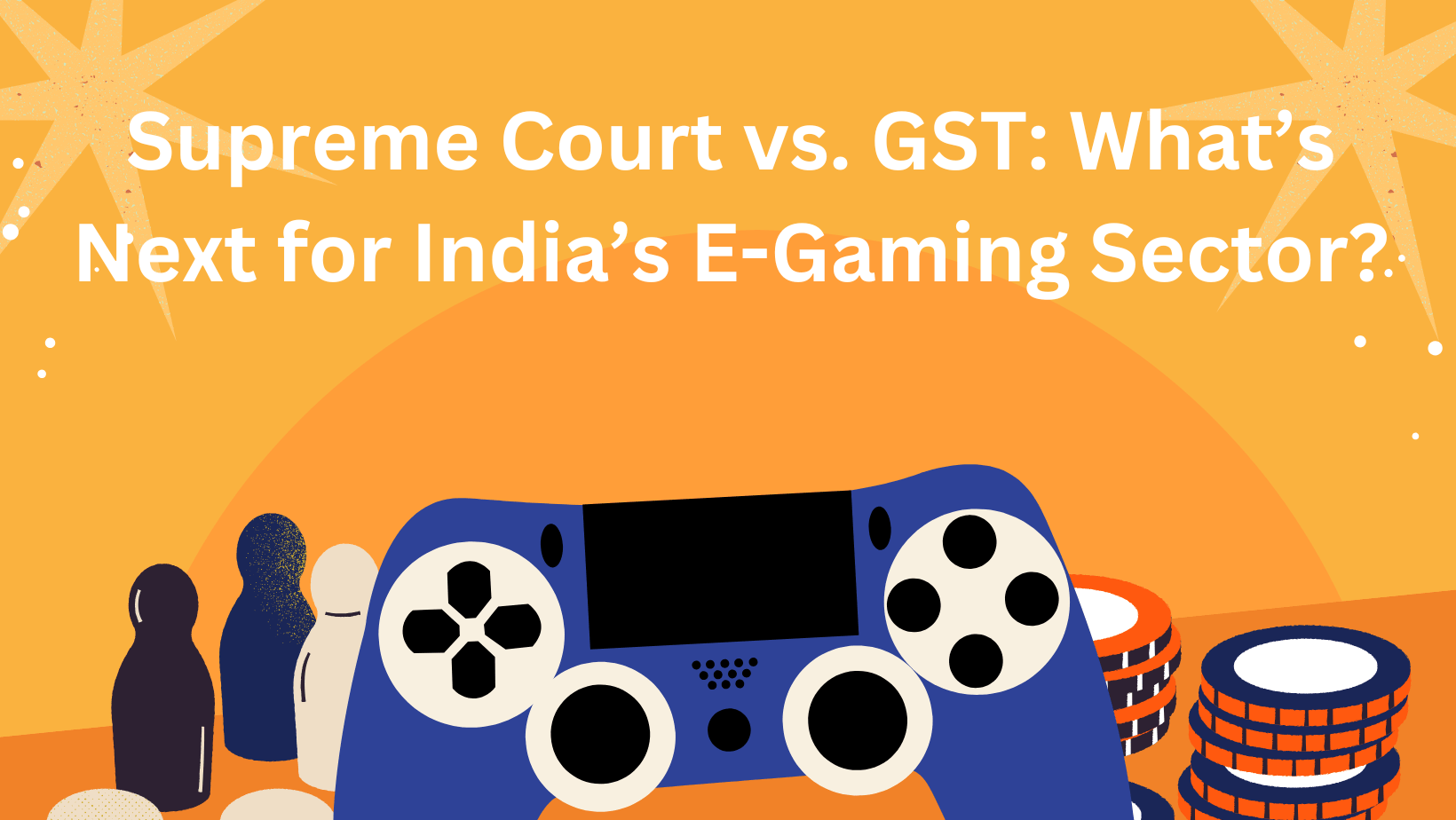
Introduction
The Supreme Court of India recently made headlines by staying the Goods and Services Tax (GST) proceedings against several e-gaming companies. This decision has significant implications for the online gaming industry, which has been grappling with hefty tax demands. In this blog post, we will delve into the details of the Supreme Court’s ruling, its impact on the e-gaming sector, and the broader implications for the industry.
“The implications of the Supreme Court’s stay on GST proceedings against e-gaming companies in India. Explore the impact on the industry, expert opinions, future trends, and predictions for 2025. Learn how this ruling provides financial relief and sets the stage for policy clarity and economic growth in the online gaming sector. Stay informed about the latest developments and what they mean for the future of e-gaming in India.”
Background
The e-gaming industry in India has seen exponential growth over the past few years. With millions of users engaging in online games, the sector has become a significant contributor to the economy. According to a report by KPMG, the Indian online gaming market is expected to grow from $1.1 billion in 2020 to $3.9 billion by 2025. However, the imposition of GST on online gaming has been a contentious issue. The GST Council had earlier imposed a 28% tax on the face value of online gaming bets, leading to substantial tax demands on gaming companies.
The Supreme Court’s Ruling
On January 10, 2025, the Supreme Court stayed the GST proceedings against 49 online gaming companies. The court’s decision came in response to petitions filed by various gaming companies challenging the retrospective tax notices issued to them. These notices amounted to a staggering ₹1.12 lakh crore. The court’s interim order has provided much-needed relief to the industry, which had been facing the threat of severe financial penalties.
Key Points of the Ruling
- Stay on GST Proceedings: The Supreme Court has stayed the GST proceedings against the e-gaming companies, effectively halting any further action until the matter is resolved.
- Retrospective Tax Notices: The court’s decision addresses the issue of retrospective tax notices, which had been a major point of contention for the gaming companies.
- Future Hearing: The matter has been posted for further hearing on March 18, 2025, giving the industry some time to prepare for the next steps.
Impact on the E-Gaming Industry
The Supreme Court’s ruling has several implications for the e-gaming industry:
- Financial Relief: The stay on GST proceedings provides immediate financial relief to the gaming companies, which were facing enormous tax demands.
- Market Reaction: The stock market responded positively to the news, with shares of companies like Delta Corp and Nazara Technologies surging following the court’s decision.
- Industry Confidence: The ruling has boosted confidence within the industry, with many companies expressing optimism about a fair resolution.
Broader Implications
The Supreme Court’s decision has broader implications beyond the immediate relief for the e-gaming companies:
- Legal Precedent: The ruling sets a legal precedent for how retrospective tax demands are handled, which could impact other industries facing similar issues.
- Policy Clarity: The case highlights the need for clear and consistent tax policies for emerging sectors like online gaming. The industry has been advocating for the tax to be calculated on gross gaming revenue (GGR) rather than the face value of bets.
- Economic Impact: A fair resolution of the GST issue could accelerate innovation, job creation, and investor confidence in the e-gaming sector, positioning India as a global leader in the industry.
E-Gaming Industry key demands
The e-gaming industry has several key demands from the GST Council to ensure fair and sustainable taxation. Here are the primary demands:
- Taxation Based on Gross Gaming Revenue (GGR): The industry advocates for GST to be calculated on the Gross Gaming Revenue (GGR), which is the total amount wagered minus winnings, rather than the full face value of bets. This approach is seen as more equitable and reflective of the actual revenue generated by gaming companies.
- Clarity on Tax Rates: The industry seeks clear and consistent tax policies. The current 28% GST on the full face value of bets is considered too high and could make online gaming platforms prohibitively expensive for users.
- Non-Retrospective Taxation: The industry opposes the retrospective application of GST, which has led to substantial tax demands for past transactions. Companies argue that retrospective taxation creates uncertainty and financial strain.
- Distinction Between Games of Skill and Chance: The industry requests a clear distinction between games of skill and games of chance, with different tax treatments for each. Games of skill, such as rummy and poker, should not be taxed at the same rate as gambling activities.
- Reduction in Penalties: The industry seeks a reduction in penalties for alleged GST evasion. Current penalties can be as high as 100% of the tax demand, which can be financially crippling for companies.
- Consultative Approach: The industry urges the GST Council to adopt a consultative approach, involving stakeholders in discussions to arrive at a balanced and fair taxation framework.
These demands aim to create a more supportive environment for the growth and innovation of the e-gaming sector in India.
Industry Statistics
- User Base: The number of online gamers in India is projected to reach 510 million by 2025, up from 360 million in 2020.
- Revenue Growth: The revenue from online gaming in India is expected to grow at a CAGR of 22% from 2020 to 2025.
- Employment: The e-gaming industry is estimated to create over 40,000 direct and indirect jobs by 2025.
Expert Opinions
- Saumya Rathore, Co-founder of Winzo: “While the GST resolution may take time, we remain optimistic that a fair resolution will not only provide the much-needed clarity but also accelerate innovation, job creation, and investor confidence. This clarity is crucial for many companies preparing to go public, positioning the Indian gaming ecosystem for global leadership that India deserves”.
- Abhishek A. Rastogi, Advocate Representing Gaming Companies: “A freeze on further action protects my clients from any coercive action and ensures that demands made in the showcause notices are not time-barred. This is a significant relief for the industry”.
- N. Venkataraman, Additional Solicitor General: “The government maintains that 28% GST must apply to the total contest entry amount, effectively taxing the entire prize pool. However, we are open to discussions to find a balanced approach that supports industry growth while ensuring compliance”.
From Industry Leaders
- Roland Landers, CEO of All India Gaming Federation (AIGF): “The Supreme Court’s decision is a landmark moment for the e-gaming industry. It underscores the need for a balanced and fair tax regime that supports the growth of this dynamic sector. We are hopeful that the final resolution will pave the way for sustainable growth and innovation in the industry”.
- Bhavin Pandya, Co-founder and CEO of Games24x7: “This stay order is a significant relief for the industry. It allows us to continue our operations without the looming threat of massive tax liabilities. We look forward to a constructive dialogue with the authorities to arrive at a fair taxation framework”.
- Trivikraman Thampy, Co-founder and CEO of Gameskraft: “The retrospective tax demands were a major concern for us. The Supreme Court’s intervention provides a much-needed breather and an opportunity to address the issue comprehensively. We are committed to working with the government to find a solution that benefits all stakeholders”.
Future Trends in the E-Gaming Industry
The e-gaming industry is poised for significant growth and transformation in the coming years. Here are some key trends to watch:
- Emerging Technologies: Technologies such as augmented reality (AR), virtual reality (VR), and artificial intelligence (AI) are expected to revolutionize the gaming experience. These technologies will enable more immersive and interactive gaming environments.
- Esports Growth: Esports is rapidly gaining popularity, with increasing viewership and participation. The global esports market is projected to reach $1.8 billion by 2025, driven by sponsorships, media rights, and advertising.
- Mobile Gaming: Mobile gaming continues to be a major growth driver, especially in emerging markets. With the proliferation of smartphones and affordable internet access, mobile gaming is expected to dominate the gaming landscape.
- Blockchain and NFTs: Blockchain technology and non-fungible tokens (NFTs) are set to transform the gaming industry by enabling secure and transparent transactions, digital ownership, and new monetization models.
- Cloud Gaming: Cloud gaming is gaining traction, allowing players to stream games directly to their devices without the need for high-end hardware. This trend is expected to democratize access to high-quality gaming experiences.
- Direct-to-Consumer Models: Game developers are increasingly adopting direct-to-consumer models, bypassing traditional distribution channels. This approach allows for better engagement with players and higher profit margins.
Expert Predictions for 2025
- George Osborn, Gaming Industry Expert: “I think we will see the video games industry return to form a little bit. 2024 was a really difficult year for the sector, with significant layoffs and studio closures. However, 2025 looks like it’s going to have a very strong lineup of game releases, which should help the industry bounce back”.
- K. Akash, Gaming Analyst: “AI will forever change the face of video game development, from smarter non-playable characters to adaptive gameplay and personalized experiences. Studios like Ubisoft and EA can expect to unveil AI-driven titles promising unprecedented interactivity and immersion”.
- Tristan Lavalette, Gaming Journalist: “Cloud gaming is expected to be a game-changer in 2025. Advances in 5G and edge computing might finally make high-quality gaming on any device a reality. This could democratize access to gaming and open up new markets”.
Conclusion
The Supreme Court’s stay on GST proceedings against e-gaming companies is a significant development for the industry. It provides immediate financial relief and sets the stage for a more comprehensive resolution of the tax issues facing the sector. As the case progresses, it will be crucial to monitor the legal and policy developments that will shape the future of online gaming in India. Additionally, the industry is poised for exciting growth and innovation, driven by emerging technologies, esports, mobile gaming, blockchain, cloud gaming, and direct-to-consumer models. Expert predictions for 2025 highlight a promising future with advancements in AI, cloud gaming, and a strong lineup of game releases.
Frequently Asked Questions
- What is the Supreme Court’s recent ruling on GST for e-gaming companies?
- The Supreme Court has stayed the GST proceedings against 49 e-gaming companies, providing temporary relief from hefty tax demands.
- Why did the Supreme Court stay the GST proceedings against e-gaming companies?
- The stay was issued in response to petitions challenging retrospective tax notices amounting to ₹1.12 lakh crore, which the companies argued were unfair.
- How does the Supreme Court’s ruling impact the e-gaming industry?
- The ruling provides immediate financial relief, boosts industry confidence, and sets a precedent for handling retrospective tax demands.
- What are the broader implications of the Supreme Court’s GST ruling for other industries?
- The ruling could influence how retrospective tax demands are handled across various sectors, highlighting the need for clear and consistent tax policies.
- What are the key points of the Supreme Court’s GST ruling?
- The key points include a stay on GST proceedings, addressing retrospective tax notices, and scheduling a future hearing for further deliberation.
- How has the market reacted to the Supreme Court’s GST ruling on e-gaming companies?
- The stock market responded positively, with shares of companies like Delta Corp and Nazara Technologies surging following the court’s decision.
- What are the future trends in the e-gaming industry following the Supreme Court’s ruling?
- Future trends include the adoption of emerging technologies, growth in esports, mobile gaming dominance, blockchain integration, cloud gaming, and direct-to-consumer models.
- What expert opinions have been shared regarding the Supreme Court’s GST ruling?
- Experts have expressed optimism about a fair resolution, emphasizing the importance of policy clarity and the potential for industry growth and innovation.
- What are the predictions for the e-gaming industry in 2025?
- Predictions include advancements in AI, a strong lineup of game releases, the rise of cloud gaming, and increased adoption of blockchain and NFTs.
- How can the Supreme Court’s GST ruling benefit the Indian e-gaming sector?
- The ruling can accelerate innovation, job creation, and investor confidence, positioning India as a global leader in the e-gaming industry.
-
Samsung Galaxy S26 vs S26+ vs S26 Ultra: Which Samsung Flagship Gives Better Value for Money
Samsung just dropped the Galaxy S26 Ultra — and the price will surprise you. A 200MP camera, Privacy
-
5 Key Takeaways from Trump’s 2026 State of the Union Address — What It Really Means for You
The longest State of the Union speech in modern presidential history was delivered on the night of February
-
Angel One Fixes February 26 Record Date for 1:10 Split: Share Price Reaction
Angel One shares plunged Tuesday as the 1:10 stock split record date looms on February 26—but why the

